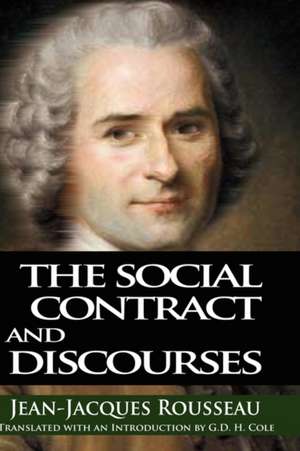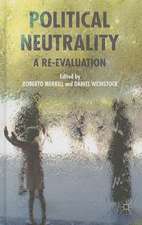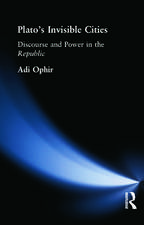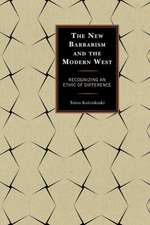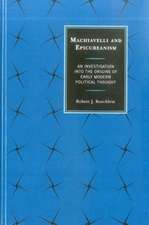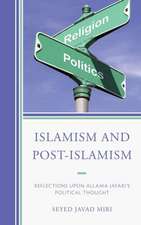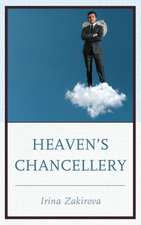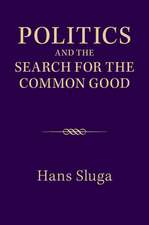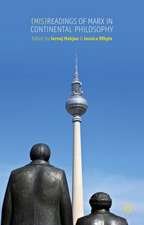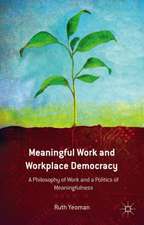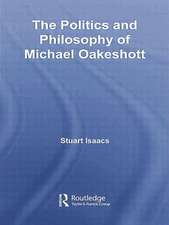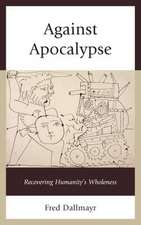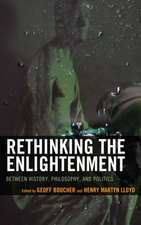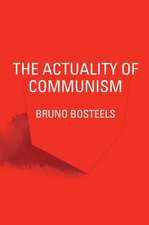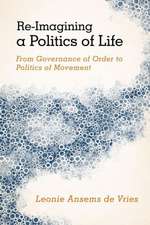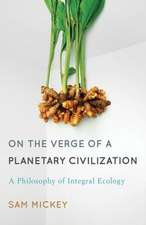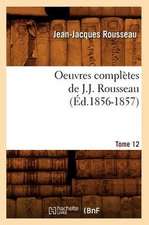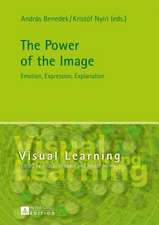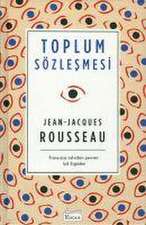The Social Contract and Discourses
Autor Jean Jacques Rousseauen Limba Engleză Paperback – 19 sep 2007
| Toate formatele și edițiile | Preț | Express |
|---|---|---|
| Paperback (1) | 85.32 lei 3-5 săpt. | |
| www.bnpublishing.com – 19 sep 2007 | 85.32 lei 3-5 săpt. | |
| Hardback (1) | 138.96 lei 6-8 săpt. | |
| www.bnpublishing.com – 9 oct 2007 | 138.96 lei 6-8 săpt. |
Preț: 85.32 lei
Nou
Puncte Express: 128
Preț estimativ în valută:
16.33€ • 17.79$ • 13.76£
16.33€ • 17.79$ • 13.76£
Carte disponibilă
Livrare economică 02-16 aprilie
Preluare comenzi: 021 569.72.76
Specificații
ISBN-13: 9789562915410
ISBN-10: 9562915417
Pagini: 160
Dimensiuni: 191 x 247 x 10 mm
Greutate: 0.31 kg
Editura: www.bnpublishing.com
Locul publicării:Chile
ISBN-10: 9562915417
Pagini: 160
Dimensiuni: 191 x 247 x 10 mm
Greutate: 0.31 kg
Editura: www.bnpublishing.com
Locul publicării:Chile
Textul de pe ultima copertă
Holding men in wretched subservience, feudalism --- alongside religion --- was a powerful force in the eighteenth century. Self-serving monarchic social systems, which collectively reduced common people to servitude, were now attacked by Enlightenment philosophers, of whom Rousseau was a leading light. His masterpiece, The Social Contract, profoundly influenced the subsequent development of society and remains provocative in a modern age of continuing widespread vested interest.
Notă biografică
Jean-Jacques Rousseau (28 June 1712 - 2 July 1778) was a Genevan philosopher, writer and composer. His political philosophy influenced the progress of the Enlightenment throughout Europe, as well as aspects of the French Revolution and the development of modern political, economic and educational thought.
His Discourse on Inequality and The Social Contract are cornerstones in modern political and social thought. Rousseau's sentimental novel Julie, or the New Heloise (1761) was important to the development of preromanticism and romanticism in fiction.[2][3] His Emile, or On Education (1762) is an educational treatise on the place of the individual in society. Rousseau's autobiographical writings-the posthumously published Confessions (composed in 1769), which initiated the modern autobiography, and the unfinished Reveries of a Solitary Walker (composed 1776-1778)-exemplified the late-18th-century "Age of Sensibility", and featured an increased focus on subjectivity and introspection that later characterized modern writing.
Rousseau befriended fellow philosophy writer Denis Diderot in 1742, and would later write about Diderot's romantic troubles in his Confessions. During the period of the French Revolution, Rousseau was the most popular of the philosophers among members of the Jacobin Club. He was interred as a national hero in the Panthéon in Paris, in 1794, 16 years after his death.
Rousseau was born in Geneva, which was at the time a city-state and a Protestant associate of the Swiss Confederacy. Since 1536, Geneva had been a Huguenot republic and the seat of Calvinism. Five generations before Rousseau, his ancestor Didier, a bookseller who may have published Protestant tracts, had escaped persecution from French Catholics by fleeing to Geneva in 1549, where he became a wine merchant
